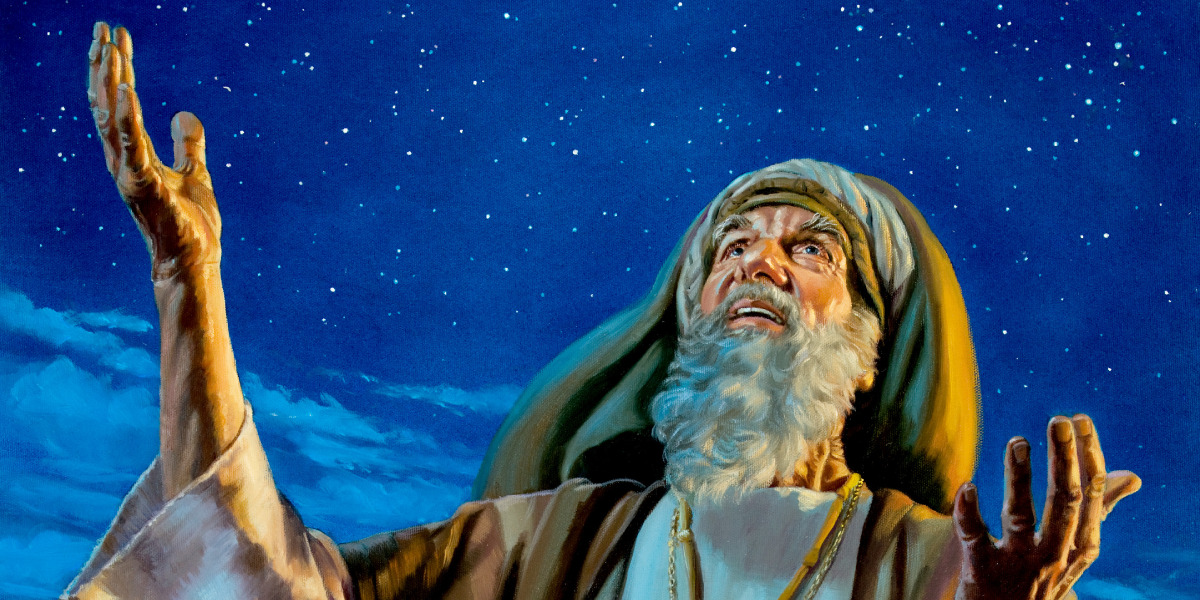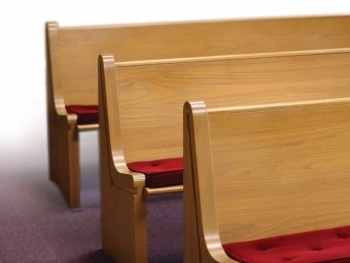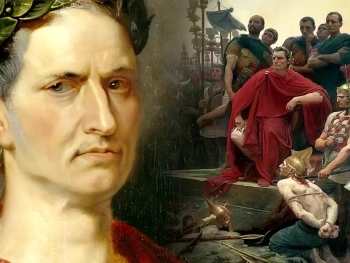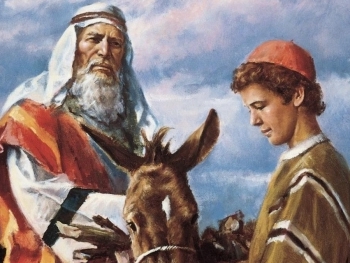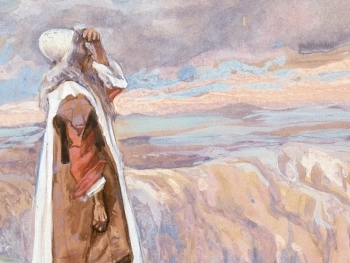In the biblical narrative, certain figures emerge with an aura of mystery and significance, and among them, Melchizedek stands as an enigmatic and revered figure. The encounter between Melchizedek and Abraham, as recounted in Genesis 14, is a brief yet profound episode that sparks theological contemplation and speculation. This article delves into the mysterious connections between Melchizedek and Abraham, exploring their encounter and the enduring implications it holds within biblical and theological contexts.
Biblical Encounter in Genesis 14:
The story unfolds in the aftermath of a military victory by Abraham (then Abram) over a coalition of kings. As he returns with spoils of war and the rescued Lot, a mysterious figure named Melchizedek appears on the scene. Described as the king of Salem and a priest of God Most High, Melchizedek brings out bread and wine, blesses Abraham, and receives a tithe from him.
Mystical Elements: The encounter with Melchizedek is marked by several mystical elements that contribute to the figure's enigma:
- King and Priest: Melchizedek is not only a king but also a priest, a combination rarely mentioned in the Old Testament. This dual role sets him apart and emphasizes his unique standing in the biblical narrative.
- Bread and Wine: The offering of bread and wine by Melchizedek is symbolic and evokes Christian liturgical imagery. Some theologians see parallels with the Eucharist, where bread and wine represent the body and blood of Christ, suggesting a foreshadowing of Christian sacraments.
- No Genealogy: In Genesis 14, Melchizedek appears without any genealogy, making his origin and lineage shrouded in mystery. This absence of genealogy contributes to the speculation surrounding his transcendent and timeless nature.
Hebrews 7: A New Testament Reflection:
The mystery deepens when the New Testament references Melchizedek in the book of Hebrews. Hebrews 7 expounds on the significance of Melchizedek, drawing parallels between his priesthood and that of Christ. The author emphasizes Melchizedek's lack of genealogy and perpetual priesthood, linking these characteristics to the eternal nature of Christ's priesthood.
Connections to Christ: The connections between Melchizedek and Christ are pivotal in Christian theology:
- Eternal Priesthood: Hebrews 7:3 describes Melchizedek as "without father, without mother, without genealogy, having neither beginning of days nor end of life, but resembling the Son of God, he continues a priest forever." This resemblance to the eternal priesthood of Christ underscores the transcendence of Melchizedek.
- Foreshadowing Christ: The encounter between Melchizedek and Abraham is seen by many theologians as a type or foreshadowing of Christ. Melchizedek's offering of bread and wine and his priestly blessing align with Christ's role as the ultimate high priest who offers spiritual sustenance and blessings.
Theological Reflections:
- Transcendent Priesthood: Melchizedek's priesthood challenges conventional expectations of Levitical priesthood, emphasizing a transcendent and eternal dimension. This challenges believers to broaden their understanding of priesthood beyond temporal and earthly constraints.
- Christ as Eternal High Priest: The parallels drawn between Melchizedek and Christ in Hebrews elevate Christ's priesthood to an eternal and superior plane. This theological reflection reinforces the idea of Christ as the ultimate mediator and intercessor.
- Mystery and Revelation: The mystery surrounding Melchizedek invites believers to embrace the paradoxical nature of divine revelation. While certain aspects remain veiled, the encounter serves as a testament to the depth of God's revelations and the unfolding of divine truths across biblical narratives.
The encounter between Melchizedek and Abraham, though brief, opens a gateway to theological contemplation and reflection. Melchizedek's dual role as king and priest, his offering of bread and wine, and his perpetual priesthood resonate through the pages of Scripture, finding profound connections with Christ's eternal priesthood. As believers grapple with the mysteries entwined in this encounter, they are drawn into a deeper understanding of the timeless and transcendent nature of God's redemptive plan. The enigma of Melchizedek continues to beckon believers to explore the mysteries that unfold at the intersection of divine encounters and human history.
